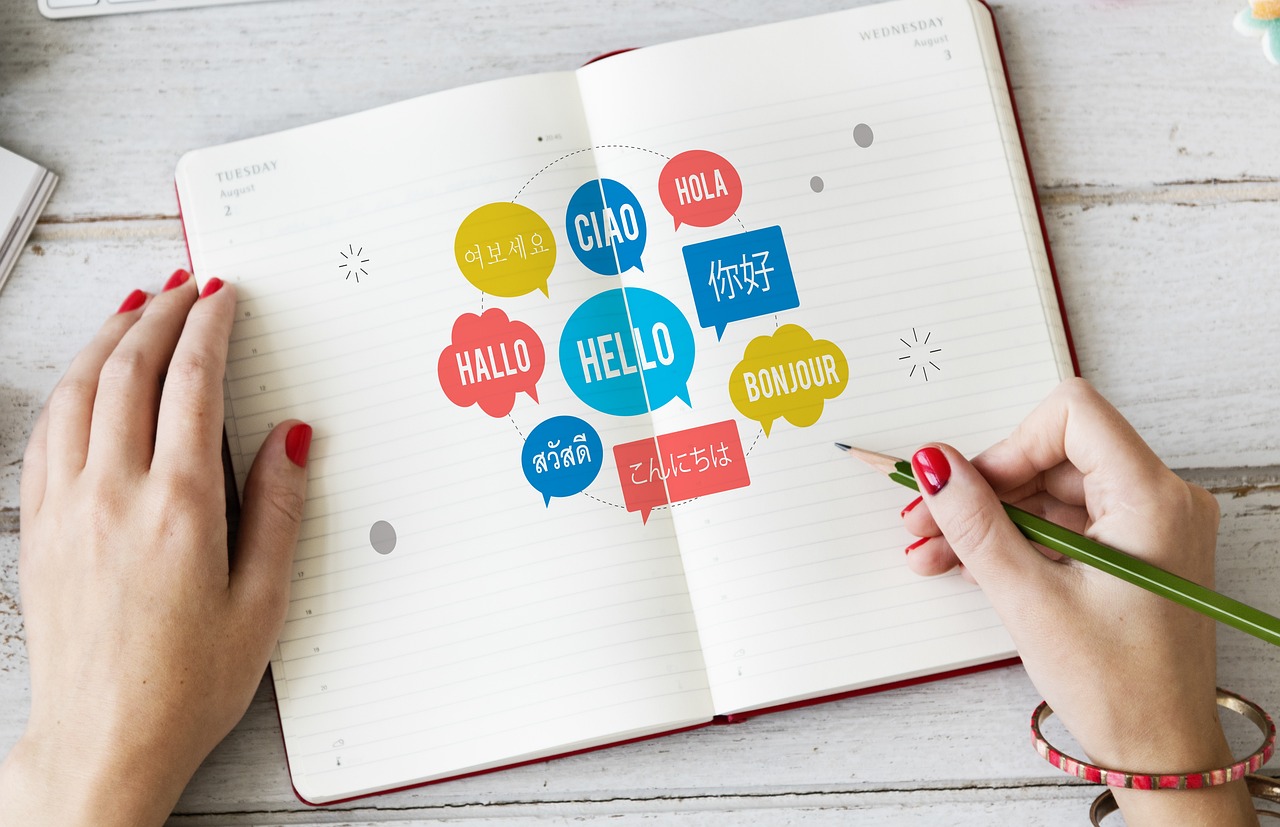
“Translators,” a documentary that highlights child interpreters
The audiovisual piece highlights the role that children play in the United States translating everyday situations for their parents.
“Translators,” a 20-minute documentary presented at the Tribeca Film Festival after making its debut at the Los Angeles Latino International Film Festival in June, is now available online.
Virginia Vásquez, 16, the protagonist of the documentary and who began learning English five years ago when she and her family left Venezuela in search of a better life in the U.S., told NBCNews:
At school, people have come up to me telling me their stories, saying they do the same exact thing. I see this with all languages, and people feel heard.
About “Translators”
Directed by Rudy Valdez, an Emmy winner who grew up in Lansing, Michigan, where his Mexican-American parents owned a small grocery store, the audiovisual piece highlights the efforts of bilingual children who must translate for their parents.Although Valdez did not have to do this work for his parents, he did witness the importance it had for his community, and sometimes his parents even asked him to accompany someone who needed language support.
“In Venezuela, my parents had the jobs they wanted. They studied, they went to a university, they got their degrees. But here, you start over. They don't get English classes like I do. They are at work, doing everything they can for me and my brother,” Vásquez pointed out in the movie.
The teenager is part of an important group that, like generations of immigrants before her, have become into a crucial support for their families, since thanks to their knowledge of the language they can translate, among many things, invoices, official summons, as well as any other information for their parents and other members of their communities.
RELATED CONTENT
Had the opportunity to help shed a light on what life is like for the 11 million kids in this country who act as their family's translators. Watch Translators for free at https://t.co/dLM67FGt0P . Share your translating story using #TranslatorsFilm #TraductoresFilm
— Rudy Valdez (@thereelrudyv) June 15, 2023
Positive Answer
Vásquez, who joined two other young immigrants in this documentary, also points out that they have received positive comments about the description of their daily lives while translating medical visits, parent-teacher conferences, emails and work instructions.
“After we had our first screening, we did a Q&A and when the house lights came on, just this long line of people started to join. Person after person started coming up and saying, 'Thank you, I feel so heard, this is my story.' This has happened after every screening we’ve had,” underscored Valdez.
While Valdez points to a rough estimate that 11 million American children translate for their parents, during a panel discussion at the Tribeca Film Festival he stressed that very few stories about the immigrant and Latino experience revolve around joy, family and ordinary life.
Valdez highlights how in his film the teens and their parents laugh and talk as they cook dinner, check emails and keep appointments.
“As we started to talk to kids across the country about the story and why we were doing it, so many of them sat back and thought, 'Wow, what I’m doing is important. They were for the first time realizing how important what they do is, since this is something they do in their everyday lives,” added Valdez.
For his part, Greg Cunningham, director of diversity for U.S. Bank, co-producer of the documentary, stressed that "the importance of telling this story became clear because of how common this experience truly is."











LEAVE A COMMENT: